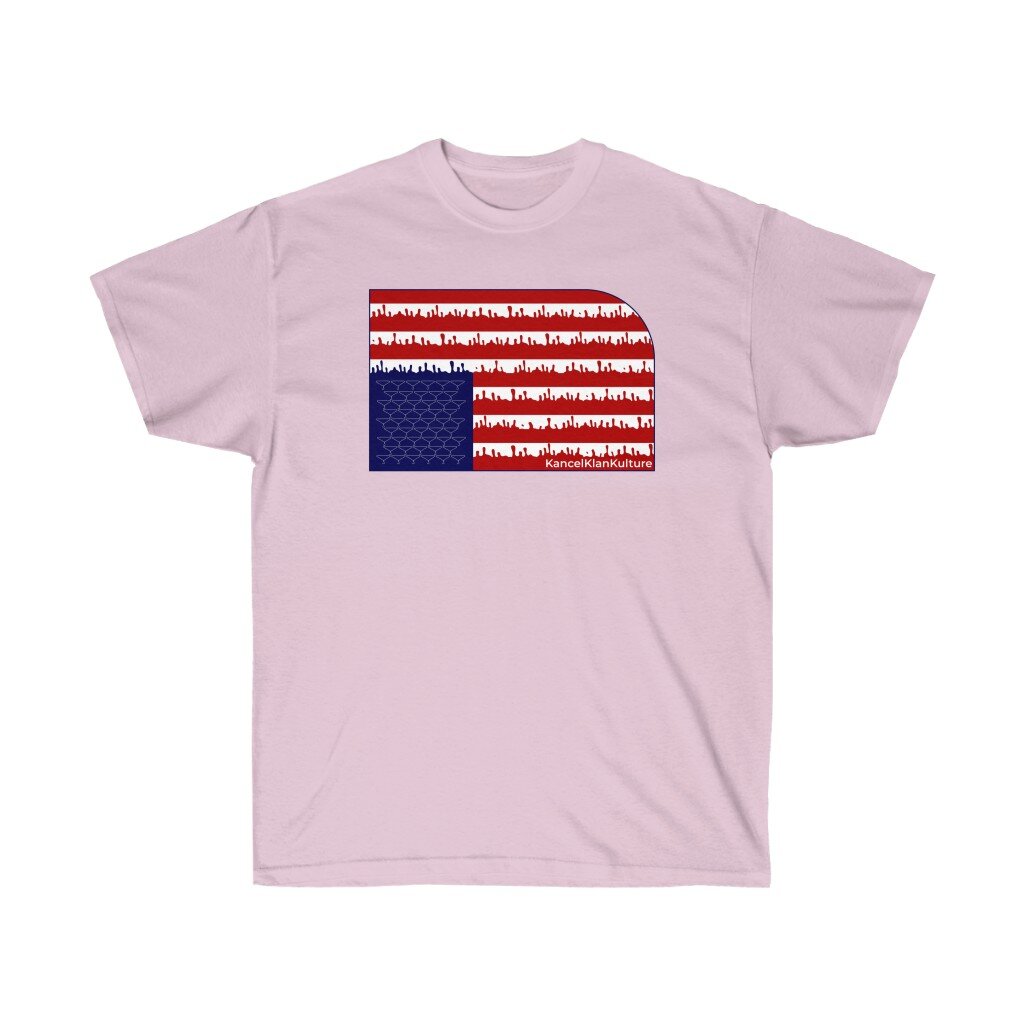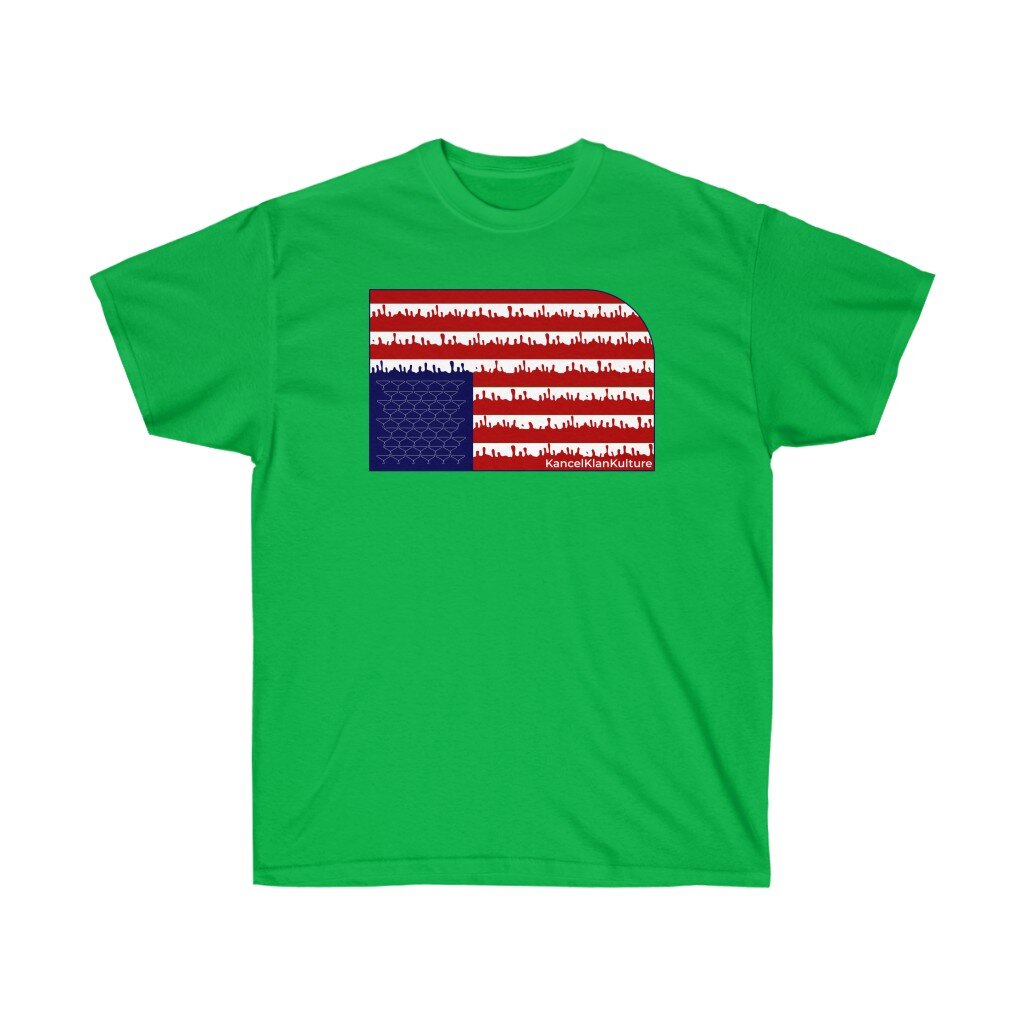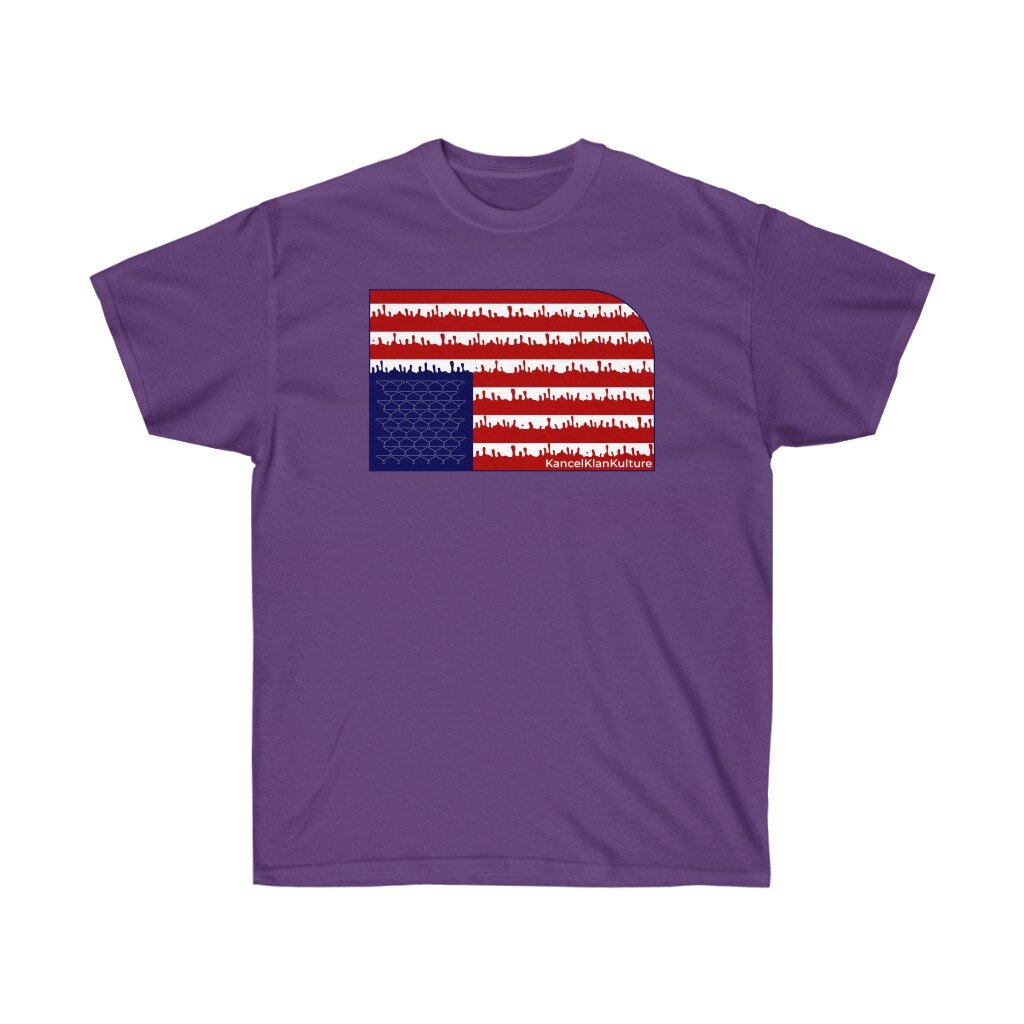KurveKan Unisex ProChoice Donor Tee
Roe v. Wade, 410 U.S. 113 (1973), was a landmark decision of the U.S. Supreme Court in which the Court ruled that the Constitution of the United States protects a pregnant woman's liberty to choose to have an abortion without excessive government restriction. The decision struck down many U.S. federal and state abortion laws. Roe fueled an ongoing abortion debate in the United States about whether or to what extent abortion should be legal, who should decide the legality of abortion, and what the role of moral and religious views in the political sphere should be. It also shaped debate concerning which methods the Supreme Court should use in constitutional adjudication.
The decision involved the case of Norma McCorvey—known by the legal pseudonym "Jane Roe"—who in 1969 became pregnant with her third child. McCorvey wanted an abortion but lived in Texas, where abortion was illegal except when necessary to save the mother's life. Her attorneys, Sarah Weddington and Linda Coffee, filed a lawsuit on her behalf in U.S. federal court against her local district attorney, Henry Wade, alleging that Texas's abortion laws were unconstitutional. A three-judge panel of the U.S. District Court for the Northern District of Texas heard the case and ruled in her favor. Texas then appealed directly to the U.S. Supreme Court.
In January 1973, the Supreme Court issued a 7–2 decision in McCorvey's favor ruling that the Due Process Clause of the Fourteenth Amendment to the United States Constitution provides a "right to privacy" that protects a pregnant woman's right to choose whether to have an abortion. It also ruled that this right is not absolute and must be balanced against governments' interests in protecting women's health and prenatal life. The Court resolved this balancing test by tying state regulation of abortion to the three trimesters of pregnancy: during the first trimester, governments could not prohibit abortions at all; during the second trimester, governments could require reasonable health regulations; during the third trimester, abortions could be prohibited entirely so long as the laws contained exceptions for cases when they were necessary to save the life or health of the mother. The Court classified the right to choose to have an abortion as "fundamental", which required courts to evaluate challenged abortion laws under the "strict scrutiny" standard, the highest level of judicial review in the United States.
The Court's ruling in Roe was criticized by some in the legal community, and some called the decision an example of judicial activism. The Supreme Court revisited and modified Roe's legal rulings in its 1992 decision Planned Parenthood v. Casey. In Casey, the Court reaffirmed Roe's holding that a woman's right to choose to have an abortion is constitutionally protected, but abandoned Roe's trimester framework in favor of a standard based on fetal viability and overruled the strict scrutiny standard for reviewing abortion restrictions.
On May 2, 2022, Politico obtained a leaked initial draft majority opinion penned by Justice Samuel Alito suggesting that the Supreme Court is prepared to overturn Roe and Casey in a pending final decision on Dobbs v. Jackson Women's Health Organization.[11] Chief Justice John Roberts later released a statement confirming the authenticity of the leaked document, but that "it does not represent a decision by the Court or the final position of any member on the issues in the case".
Now that Roe has been repealed this shirt has been updated to gear up for the fight at the local level. This protest ready garment comes in a variety of colors. 50 hangers represent the women in the 50 states who's lives are now at stake while the blood stripes represent the future lives lost. The shoulders are tapped for a good upper-body fit. There are no side seams, ensuring a clean, unbroken flow. The collar has ribbed knitting for improved elasticity. The materials that went into this product are sustainably sourced and economically friendly.
Put this in your cart and 15% of your purchase will be split between 80 organizations funding women's choice initiatives via the National Network of Abortion Funds.
| S | M | L | XL | 2XL | 3XL | 4XL | 5XL | |
|---|---|---|---|---|---|---|---|---|
| Width, in | 18.00 | 20.00 | 22.00 | 24.00 | 26.00 | 28.00 | 30.00 | 32.00 |
| Length, in | 28.00 | 29.00 | 30.00 | 31.00 | 32.00 | 33.00 | 34.00 | 35.00 |
| Sleeve length from center back, in | 15.62 | 17.37 | 18.75 | 20.00 | 21.50 | 22.87 | 24.25 | 25.50 |
.: 100% Cotton (fiber content may vary for different colors)
.: Medium fabric (6.0 oz/yd² (203 g/m²))
.: Classic fit
.: Tear-away label
.: Runs bigger than usual
Roe v. Wade, 410 U.S. 113 (1973), was a landmark decision of the U.S. Supreme Court in which the Court ruled that the Constitution of the United States protects a pregnant woman's liberty to choose to have an abortion without excessive government restriction. The decision struck down many U.S. federal and state abortion laws. Roe fueled an ongoing abortion debate in the United States about whether or to what extent abortion should be legal, who should decide the legality of abortion, and what the role of moral and religious views in the political sphere should be. It also shaped debate concerning which methods the Supreme Court should use in constitutional adjudication.
The decision involved the case of Norma McCorvey—known by the legal pseudonym "Jane Roe"—who in 1969 became pregnant with her third child. McCorvey wanted an abortion but lived in Texas, where abortion was illegal except when necessary to save the mother's life. Her attorneys, Sarah Weddington and Linda Coffee, filed a lawsuit on her behalf in U.S. federal court against her local district attorney, Henry Wade, alleging that Texas's abortion laws were unconstitutional. A three-judge panel of the U.S. District Court for the Northern District of Texas heard the case and ruled in her favor. Texas then appealed directly to the U.S. Supreme Court.
In January 1973, the Supreme Court issued a 7–2 decision in McCorvey's favor ruling that the Due Process Clause of the Fourteenth Amendment to the United States Constitution provides a "right to privacy" that protects a pregnant woman's right to choose whether to have an abortion. It also ruled that this right is not absolute and must be balanced against governments' interests in protecting women's health and prenatal life. The Court resolved this balancing test by tying state regulation of abortion to the three trimesters of pregnancy: during the first trimester, governments could not prohibit abortions at all; during the second trimester, governments could require reasonable health regulations; during the third trimester, abortions could be prohibited entirely so long as the laws contained exceptions for cases when they were necessary to save the life or health of the mother. The Court classified the right to choose to have an abortion as "fundamental", which required courts to evaluate challenged abortion laws under the "strict scrutiny" standard, the highest level of judicial review in the United States.
The Court's ruling in Roe was criticized by some in the legal community, and some called the decision an example of judicial activism. The Supreme Court revisited and modified Roe's legal rulings in its 1992 decision Planned Parenthood v. Casey. In Casey, the Court reaffirmed Roe's holding that a woman's right to choose to have an abortion is constitutionally protected, but abandoned Roe's trimester framework in favor of a standard based on fetal viability and overruled the strict scrutiny standard for reviewing abortion restrictions.
On May 2, 2022, Politico obtained a leaked initial draft majority opinion penned by Justice Samuel Alito suggesting that the Supreme Court is prepared to overturn Roe and Casey in a pending final decision on Dobbs v. Jackson Women's Health Organization.[11] Chief Justice John Roberts later released a statement confirming the authenticity of the leaked document, but that "it does not represent a decision by the Court or the final position of any member on the issues in the case".
Now that Roe has been repealed this shirt has been updated to gear up for the fight at the local level. This protest ready garment comes in a variety of colors. 50 hangers represent the women in the 50 states who's lives are now at stake while the blood stripes represent the future lives lost. The shoulders are tapped for a good upper-body fit. There are no side seams, ensuring a clean, unbroken flow. The collar has ribbed knitting for improved elasticity. The materials that went into this product are sustainably sourced and economically friendly.
Put this in your cart and 15% of your purchase will be split between 80 organizations funding women's choice initiatives via the National Network of Abortion Funds.
| S | M | L | XL | 2XL | 3XL | 4XL | 5XL | |
|---|---|---|---|---|---|---|---|---|
| Width, in | 18.00 | 20.00 | 22.00 | 24.00 | 26.00 | 28.00 | 30.00 | 32.00 |
| Length, in | 28.00 | 29.00 | 30.00 | 31.00 | 32.00 | 33.00 | 34.00 | 35.00 |
| Sleeve length from center back, in | 15.62 | 17.37 | 18.75 | 20.00 | 21.50 | 22.87 | 24.25 | 25.50 |
.: 100% Cotton (fiber content may vary for different colors)
.: Medium fabric (6.0 oz/yd² (203 g/m²))
.: Classic fit
.: Tear-away label
.: Runs bigger than usual
Roe v. Wade, 410 U.S. 113 (1973), was a landmark decision of the U.S. Supreme Court in which the Court ruled that the Constitution of the United States protects a pregnant woman's liberty to choose to have an abortion without excessive government restriction. The decision struck down many U.S. federal and state abortion laws. Roe fueled an ongoing abortion debate in the United States about whether or to what extent abortion should be legal, who should decide the legality of abortion, and what the role of moral and religious views in the political sphere should be. It also shaped debate concerning which methods the Supreme Court should use in constitutional adjudication.
The decision involved the case of Norma McCorvey—known by the legal pseudonym "Jane Roe"—who in 1969 became pregnant with her third child. McCorvey wanted an abortion but lived in Texas, where abortion was illegal except when necessary to save the mother's life. Her attorneys, Sarah Weddington and Linda Coffee, filed a lawsuit on her behalf in U.S. federal court against her local district attorney, Henry Wade, alleging that Texas's abortion laws were unconstitutional. A three-judge panel of the U.S. District Court for the Northern District of Texas heard the case and ruled in her favor. Texas then appealed directly to the U.S. Supreme Court.
In January 1973, the Supreme Court issued a 7–2 decision in McCorvey's favor ruling that the Due Process Clause of the Fourteenth Amendment to the United States Constitution provides a "right to privacy" that protects a pregnant woman's right to choose whether to have an abortion. It also ruled that this right is not absolute and must be balanced against governments' interests in protecting women's health and prenatal life. The Court resolved this balancing test by tying state regulation of abortion to the three trimesters of pregnancy: during the first trimester, governments could not prohibit abortions at all; during the second trimester, governments could require reasonable health regulations; during the third trimester, abortions could be prohibited entirely so long as the laws contained exceptions for cases when they were necessary to save the life or health of the mother. The Court classified the right to choose to have an abortion as "fundamental", which required courts to evaluate challenged abortion laws under the "strict scrutiny" standard, the highest level of judicial review in the United States.
The Court's ruling in Roe was criticized by some in the legal community, and some called the decision an example of judicial activism. The Supreme Court revisited and modified Roe's legal rulings in its 1992 decision Planned Parenthood v. Casey. In Casey, the Court reaffirmed Roe's holding that a woman's right to choose to have an abortion is constitutionally protected, but abandoned Roe's trimester framework in favor of a standard based on fetal viability and overruled the strict scrutiny standard for reviewing abortion restrictions.
On May 2, 2022, Politico obtained a leaked initial draft majority opinion penned by Justice Samuel Alito suggesting that the Supreme Court is prepared to overturn Roe and Casey in a pending final decision on Dobbs v. Jackson Women's Health Organization.[11] Chief Justice John Roberts later released a statement confirming the authenticity of the leaked document, but that "it does not represent a decision by the Court or the final position of any member on the issues in the case".
Now that Roe has been repealed this shirt has been updated to gear up for the fight at the local level. This protest ready garment comes in a variety of colors. 50 hangers represent the women in the 50 states who's lives are now at stake while the blood stripes represent the future lives lost. The shoulders are tapped for a good upper-body fit. There are no side seams, ensuring a clean, unbroken flow. The collar has ribbed knitting for improved elasticity. The materials that went into this product are sustainably sourced and economically friendly.
Put this in your cart and 15% of your purchase will be split between 80 organizations funding women's choice initiatives via the National Network of Abortion Funds.
| S | M | L | XL | 2XL | 3XL | 4XL | 5XL | |
|---|---|---|---|---|---|---|---|---|
| Width, in | 18.00 | 20.00 | 22.00 | 24.00 | 26.00 | 28.00 | 30.00 | 32.00 |
| Length, in | 28.00 | 29.00 | 30.00 | 31.00 | 32.00 | 33.00 | 34.00 | 35.00 |
| Sleeve length from center back, in | 15.62 | 17.37 | 18.75 | 20.00 | 21.50 | 22.87 | 24.25 | 25.50 |
.: 100% Cotton (fiber content may vary for different colors)
.: Medium fabric (6.0 oz/yd² (203 g/m²))
.: Classic fit
.: Tear-away label
.: Runs bigger than usual























